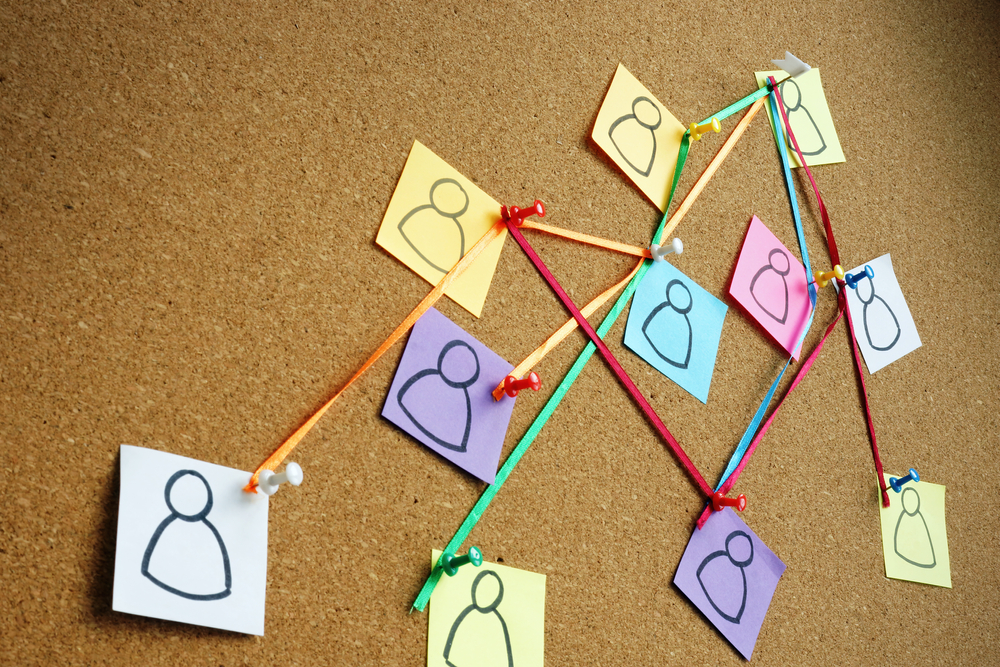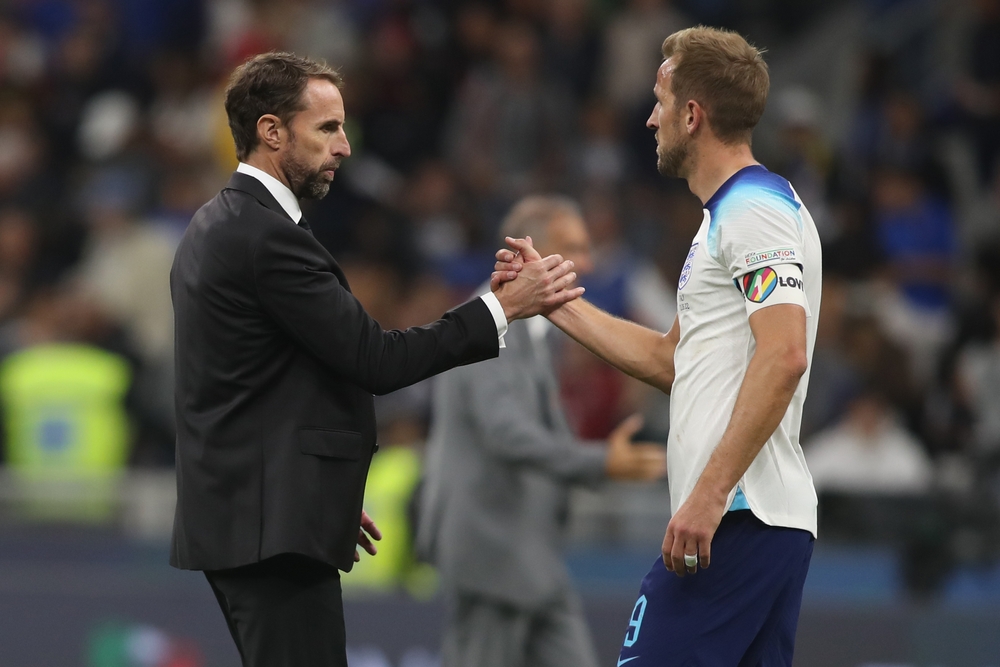
A couple of years ago I became fascinated with fairy tales and the impact they had on my childhood. Acting on my curiosity I came across Enchantment by psychoanalyst Bruno Bettelheim.
A concentration camp survivor, Bettelheim dedicated his life to helping traumatised children, many of whom were survivors of the holocaust. Through this work he saw a pattern across cultures, eras and circumstances with respect to the power and popularity of fairy tales. We all recognise the classic fairy tale that starts as “a long long time ago in a place far away”. There is a deliberate reason for this setting:
Fairy tales often deal with scary or ambiguous concepts for children (and adults). Distancing them to a place far away affords a level of safety and permission for the children to explore, connect and learn about the most primal feelings and drives that we have as humans.
After learning this I found myself wondering if the repeated references to “The Future of Work” was the organisational and professional version of “ a long long time ago in a place far away”?.
The invocation of the ‘future’ – echoing the fairy-tales of science fiction – also enables us to place our deep fears far enough away to create a safe space. In displacing the transformation of the ‘normal’ – work – we give ourselves permission to imagine unfathomable realities or distract from acting upon the challenges now
The upshot is that we have space to be imaginative and creative with the story of the future and our truths. The downside is in focusing on the far far away we can lose sight of the here and now where the action needed to shape that future is taken.
The Covid-19 crisis has disrupted this narrative distancing by dragging the transformation of ‘work’ into the present. The Future of Work, in other words, is now. This raises many questions about what any conceivable “new normal” will look like. How, for example, will we know when we get there or how will we know that we have chosen the right path to take?
The current organisational stories are undoubtedly sketchy at best and are mere outlines of what is to come: We are all still coming to terms with he disruption of Covid-19, no-one has the answers. That distant “Future of Work” which we have been experimenting with about is firmly here and now. As one client has aptly put it this week, the crisis and the work practices emerging spontaneously from it have “smashed landscapes” of traditional work, family and organisational contexts.
Some of us have shifted to virtual working 100% of the time: Physical distance for us is the “now normal”. Others remain working in physical contexts but now have drastically altered pressures or expectations of their work and its impact: more now normal. There is a further large proportion of the active workforce who are either furloughed or redundant leaving them to make sense of and reshape their smashed landscapes with a great deal of uncertainty as to what the future holds. There are, very clearly, a wide range of emergent ‘now normal’.
As organisations, leaders and teams we are oscillating between connectedness and isolation, camaraderie and overload, free falling into the future or anticipating and planning to the point of command and control, we are collectively bound by the experience of finding methods and means of coping. This will be the red thread and plot through our organisational stories as they are written about this time. So, the question becomes are there interventions that can support us in coping through these unprecedented times? Virtual coaching approaches can and do support us to cope.
In talking to many organisations, I have observed a pattern in terms of decision making and judgement. It is falling into three broad categories: “Fighting Hard” (reacting with haste), “Fleeing Reality” (procrastination), or “Freezing Entirely” (doing nothing).
The latter response of freezing is the more sinister plot line when it comes to organisational resilience: when inaction is because we are simply stuck and unable to move forward out of sheer fear or paralysis by analysis, our confidence and competence is eroded. In-action or slowness to respond is one of the most eroding features of trust in leadership; so when I hear projections from people now waiting for the “new normal” to appear before they respond I hear echoes of scared children who are placing those scary realities just far enough away to allow them not to panic over them.
It is true that sometimes no action is the best action though you must question your rationality towards inaction. If you are unable to rationalise why inaction is the right course of action you can run afoul of wrapping the wolf at the metaphorical door of the future in softer sheep’s clothing of denial; ultimately hurtling yourself towards a future that is likely to be filled with stories that echoing strands of “happy accidents” or “regrettable collateral damage” in retrospect.
There are in fact a rapidly increasing number of organisations, who are fighting hard and interwoven within their organisational stories are strong cultures of coaching. Just as with many fairy tales that contain surreal unfolding events and helpful talismans along the journey, coaching provides the safe spaces needed in the here and now in which the stories of organisational and individual futures can be rehearsed, formed and written.
If you are looking for an active solution to the practical challenges in the here and now coaching interventions can mediate the difference between adaptive action and passive acceptance of circumstances.
Talk to us about our virtual coaching service and let us help you shape your personal or organisational story.





